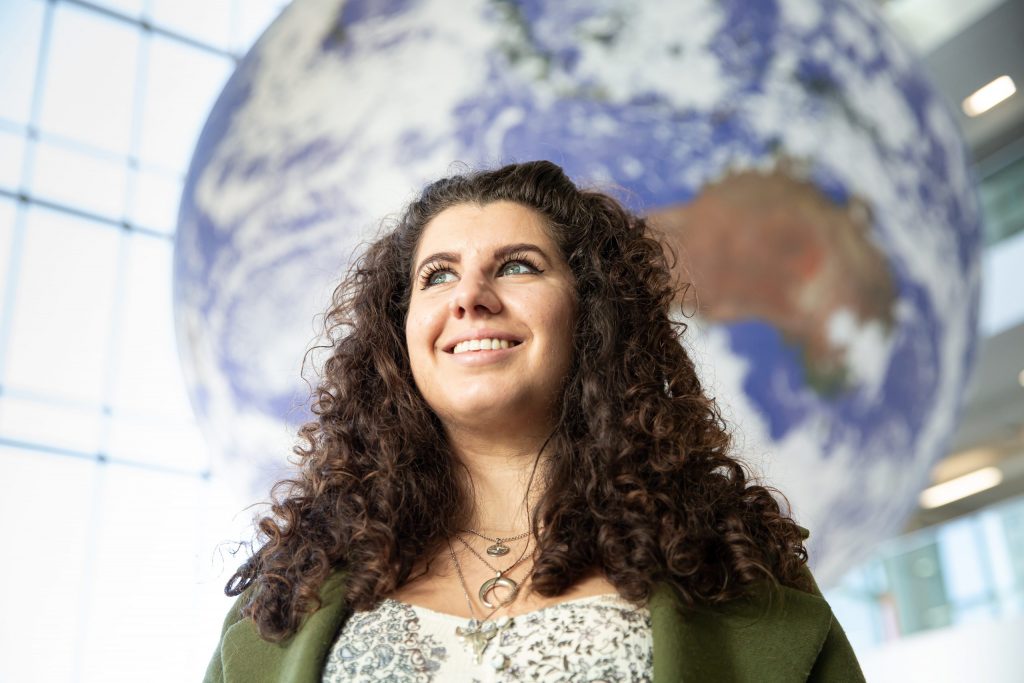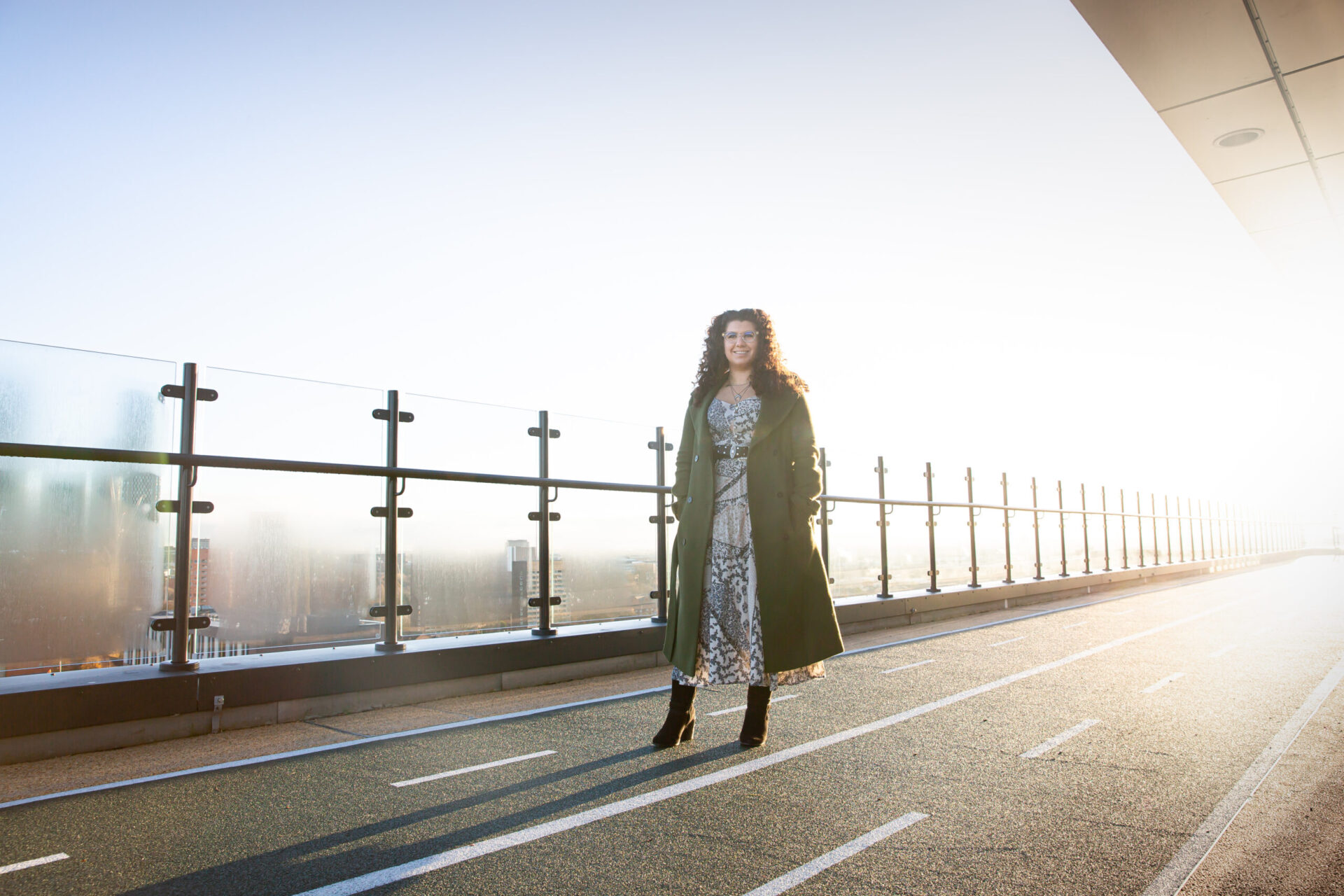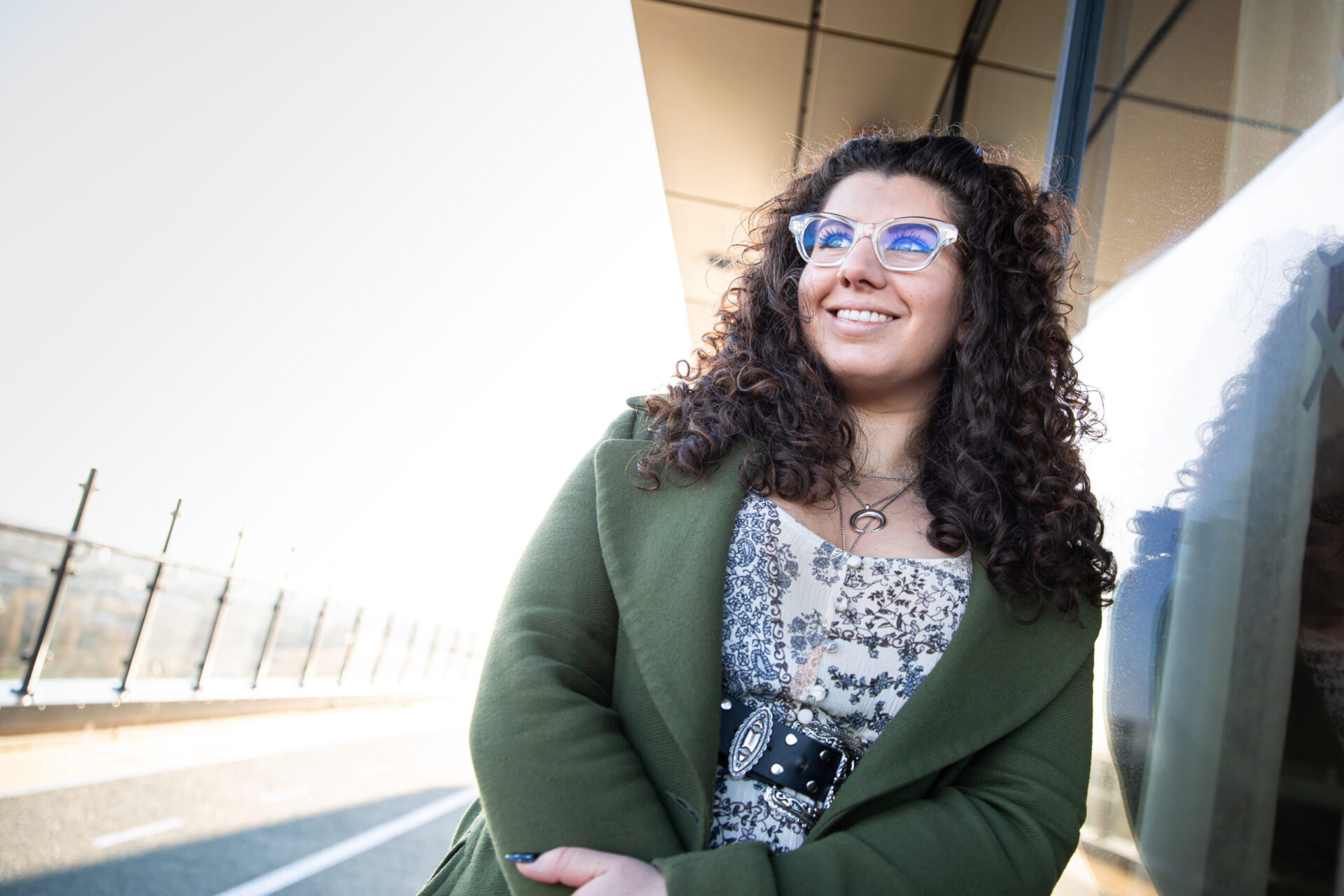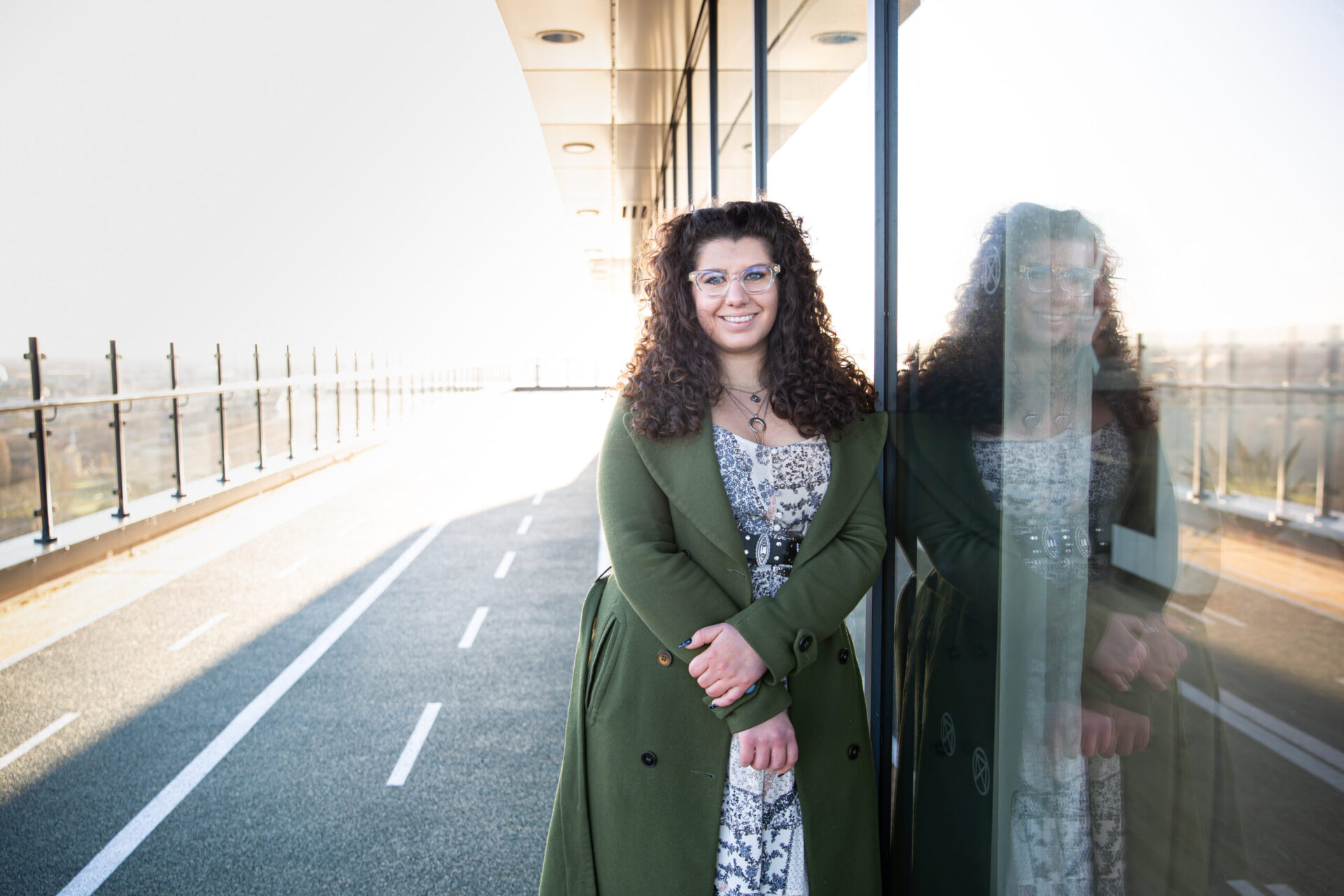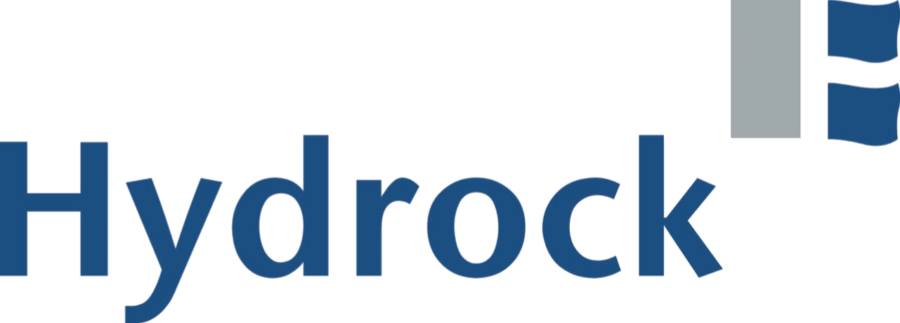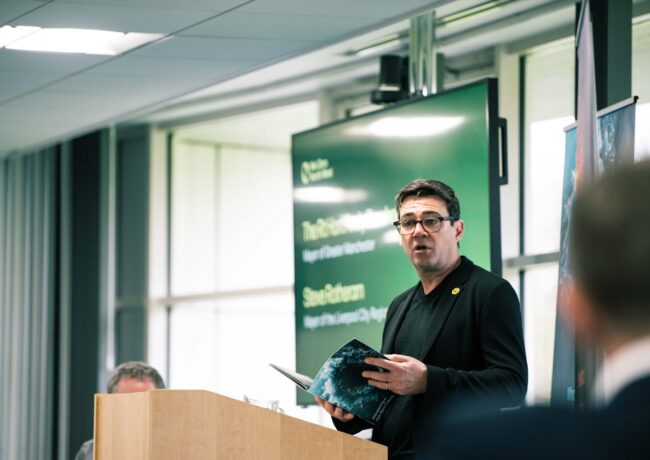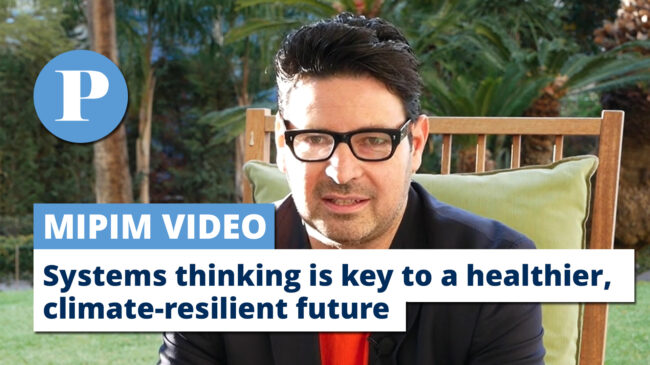Commentary
COMMENT | Calling the curtain on carbon jargon
If we really want to tackle the climate emergency, now is the time to champion diversity and discussion in the engineering sector, writes Leah Holmes of Hydrock.
Where our climate emergency is concerned, to meet the needs of a world in transition, we need more diverse people and ideas shaping our response. It will save our planet, that’s undeniable.
Investing in diversity is also in a company’s best interest, an idea supported by three studies by McKinsey, which demonstrated that companies with greater racial, ethnic, and gender diversity in their leadership tend to perform better financially.
It is then frustrating to know that, even with public campaigning, only around 11% of today’s UK engineering workforce is female and less that 10% are from BAME backgrounds. Clearly we’re still failing to tackle cultural issues adequately and it’s genuinely holding our industry back from crafting equitable, inclusive and sustainable climate resilient solutions for the benefit of all.
In terms of hard skills, we already possess engineers who can invent and design solutions for renewable energy, waste management and energy storage, and we need more, of course. However, the truth is we don’t have enough ‘techies’ in the industry to influence and even change perceptions, out-of-date policies and inaction. Or, if we do, they aren’t broadcasting loudly enough.
When I talk to people outside of the built environment and energy sectors, I hear frequent misconceptions, for example: “Hydrogen, isn’t that dangerous? We can’t have that in our homes!” Equally, developers regularly question why they should change from gas boilers to alternative, futureproofed heat sources, predominantly due to their capital expenditure concerns and apathy for our collective decarbonisation agenda.
It is apparent that the full understanding of decarbonisation and renewable technologies for those outside the inner circle is suffering at the hand of misconceptions that exist mainly because of poorly communicated messages. Alongside this, we often have to contend with counter-narratives that are sometimes better articulated, or at least more readily understood.
The scientific consensus around climate change isn’t up for debate. However, the toolkits to meet carbon reduction alongside the development of new smart systems is moving at such a pace that effective dissemination of information is vital.
Without effective communication we run the risk, through lack of understanding or drive, of a detrimental hesitancy to move away from traditional technologies, preventing us reaching our decarbonisation goals. The emphasis on conventional, well-understood technology in building design is often further exacerbated by stakeholder focus on capital rather than operational expenditure.
It boils down to specialists not broadcasting the sustainability benefits loudly enough that they resonate beyond someone’s bottom line targets. Still, we are seeing signs of a step-change across the built environment as investors are placing ESG top of the priority checklist.
My own route into engineering is unorthodox. Contrary to what you might imagine, I have a degree in drama and creative writing from the University of West England and I’m proud to be bringing an altogether different view than the traditional engineer. I graduated having developed acute interpretive, creative and communication skills that have been integral to the consultancy roles I’ve held in my career to date. They’ve helped to translate the carbon jargon, encouraging clients to make the right decision.
From our clients’ perspective, that means showcasing complete commercial awareness, intellectual rigour and delivering with an “in my shoes” level of understanding.
Our team’s forensic whole lifecycle carbon assessment of Glenbrook’s Vox scheme in Manchester exemplifies this. As a forward-thinking developer looking to build and behave sustainably, our report provided a benchmark for their upcoming BTR schemes and will inform their design principles. Targeted areas for improvement included applying lean design, increased use of renewable energy, greater focus on occupancy behaviour, and exploring offsetting carbon emissions. We calculated a further 24% reduction in whole-life emissions could be achieved on the already high-performing building without a dramatic increase in capital costs.
One of the things brought up in the study Environmental Engineering for the 21st Century was the fact that engineers will have to change tact from simply solving problems to predicting them and fixing them before they have developed. This means working with experts from other fields and more emphasis on nurturing soft communication skills and collaboration. Key to this will be those in the social sciences, who will enable engineers to learn about the social, economic, legal, and political contexts within which they work. Indeed, universities are already implementing leadership initiatives which, on top of the engineering degree, layer courses in social consciousness and creativity.
Engineers are incredible but we can’t just rely on the calculations, the figures, the tables and the spreadsheets, because not everyone else “gets” this. Numbers alone won’t cut it. They don’t reach people deeply enough.
There’s a missing link. Thankfully, it isn’t a great mystery or unknown, rather it’s one that began as a civic art in Ancient Greece thousands of years ago, later mastered by the Bard of Avon, and remains every bit as influential today: rhetoric.
We need people with the skills, confidence, and ability to translate the technical in a way that is impactful, persuasive and makes sense to anyone – people who can bridge the understanding gap.
We know how powerful the message is when you combine scientific fact with a stirring orator. Just look at the engagement in subject matter driven by the likes of David Attenborough and Greta Thunberg. It takes a lot of time, money, energy and resource ‒ all things we don’t actually have enough of given the climate emergency ‒ to teach someone the technical skills of engineering, so I believe we’re best placed to be the voice as well.
It’s going to take a new breed of diverse engineering storytellers that recognise that if we’re really going to ‘fix’ the most pressing concern of all time, we’ll have to walk the walk and talk the talk.
- Leah Holmes is a Manchester-based senior utilities consultant in Hydrock’s smart energy and sustainability division


